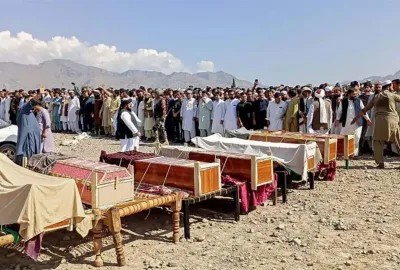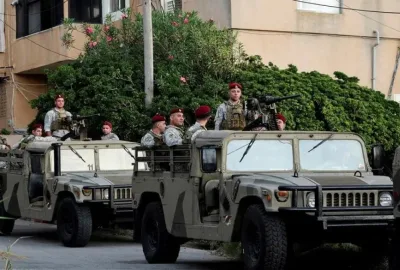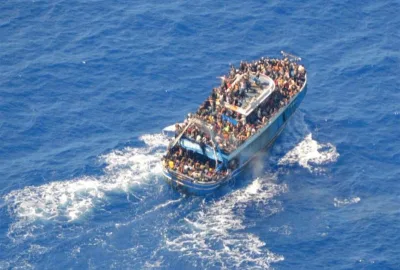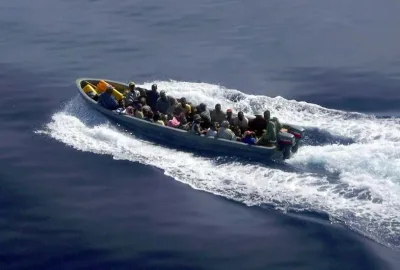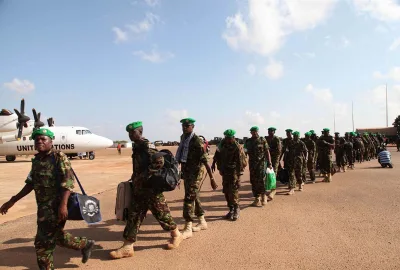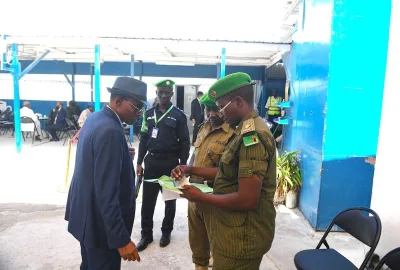An unprecedented fourth failed rainy season with catastrophic hunger, disease and displacement has forced Somalia into…
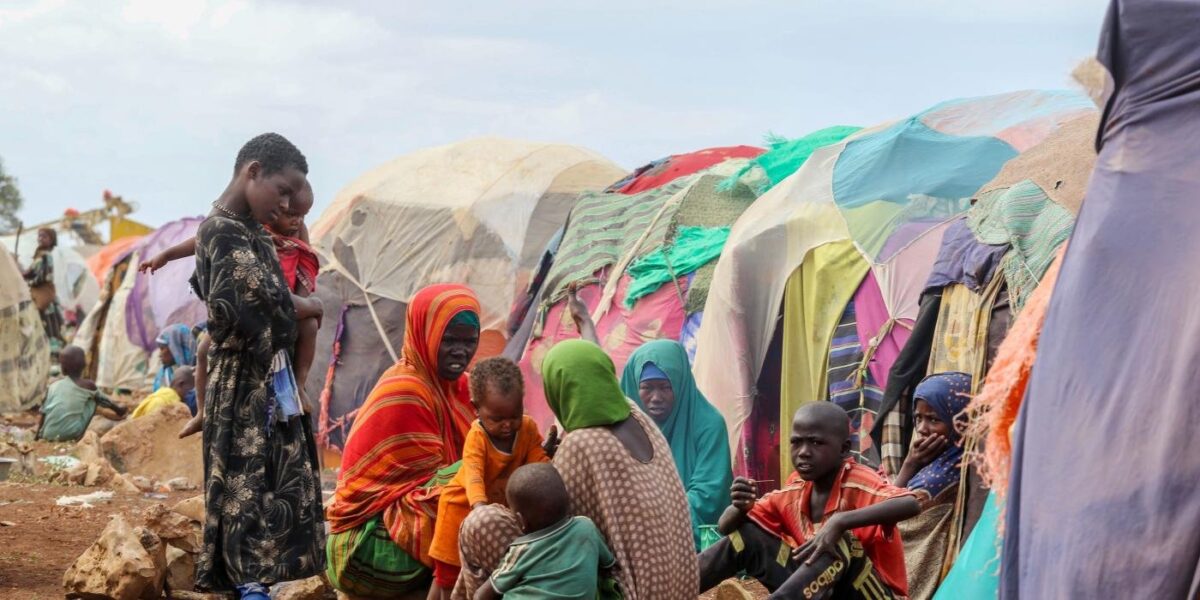
An unprecedented fourth failed rainy season with catastrophic hunger, disease and displacement has forced Somalia into a climate crisis, the Norwegian Refugee Council’s Secretary General Jan Egeland warned today.
“Somalia’s climate emergency is a hammer blow to millions, combining years of drought with unheard of levels of human suffering and starvation,” Egeland said at the end of a trip to the drought-stricken country.
“I have spoken with farmers who have lost all their livestock and crops. I have met severely malnourished children of families who fled to cities, whose parents are now forced to beg for the daily food and water they need to survive. Donors, including the neighbouring Gulf countries, need to dig deep and fast before the predictions of mass starvation become fatal figures of shame.”
More than 800,000 people have been forced to flee their homes due to drought since the start of last year in Somalia, while the number of people facing crisis hunger levels is expected to rise from less than five million to more than seven million in the coming months.
In a situation not seen in more than 40 years, Somalia is witnessing a historic dry run, with an expected fifth failed rainy season.
A recent NRC assessment representing more than 14,000 people in some of the worst hit areas confirmed the devastating conditions, with two-thirds reporting no regular access to water.
All families surveyed reported they were forced to skip meals in the last week. Two-thirds of households reported having lost between half and all their livestock because of drought. Just over half do not believe they will be able to return to their homes.
Somalia’s drought has contributed to staggering displacement, increasing violent conflicts over water and grazing land, rising costs of basic goods, and the destruction of crops and livestock herds.
About 90 per cent of Somalia’s wheat imports came from Russia and Ukraine. Since the war broke out, the grain supply has been blocked and prices have exploded.
“In spite of the looming famine, Somalia has only seen 28 per cent of its humanitarian needs funded through the UN-sponsored appeal,” Egeland said. “Somalis are on the frontline of the global climate catastrophe, but far too little of the funding promised has been received by the people hardest hit”.
Less than USD500 million has been allocated as humanitarian funding by international donors so far this year, compared to USD1.3 billion in 2017 when Somalia faced similar drought conditions.


